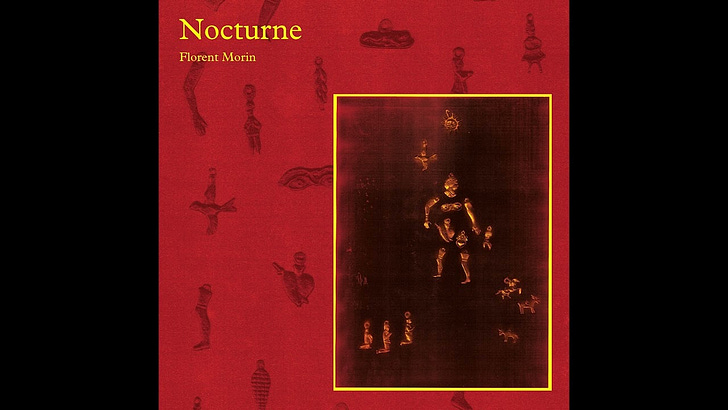All that AI-generated music I ingested for this post earlier in the week prompted some gut-checking.
And it left me wary: Who’s trustworthy in the music omnisphere anymore? The startup “auteurs” who feed ChatGPT a set of specs that will conjure a fictional ‘70s band? The “legacy” labels offering discovered vault works by little-known artists who made one record then disappeared? Nowadays if you’re scouting for music that got overlooked eons ago, you have to be a skeptic and a detective almost before you can put the record on.
The ecosystem is beyond flooded, and that doesn’t just make finding “real” voices difficult: It works to the detriment of artists who toil without the benefit of AI or label support. Just capturing attention requires aggressive social media and viral marketing and some luck; not every creator has those skills, or wants to acquire them.
These people don’t provide extensive text biographies on the Bandcamp page — or, really, any personal details at all. They don’t maintain websites. And they apparently don’t care about the slog that can be required to change one’s status from “nearly anonymous” to “hotly-tipped rising star.”
Yesterday on a routine YouTube prowl, I was looking for music to recommend a friend as background for a Mental Health Day meditation. I wanted ambient music that wasn’t just washy, but instead had a bit of compositional rigor going on. I found this, the latest work by a French composer named Florent Morin…..
According to the threadbare info on his Bandcamp page, Morin has released several albums, including a 2023 film soundtrack. None have descriptions. I encountered Nocturne, which was released last month, completely accidentally, and by track three was transported — by the gorgeous and intricately layered synthesizer sounds and textures, by the exceedingly musical use of tension. This is nocturnal music that is rich with pauses and pivots and breath, hinting at story but delicately, in outline form. It is exactly the kind of music that AI, with its literal orientation, could not hope to generate.
Morin’s YouTube channel has 43 followers.
**
This arrived the other day.
It’s the latest book from the legendary record producer and writer Joe Boyd, whose gift for capturing music from disparate realms has been an inspiration for decades. It’s a hefty one, some 850 pages, and though I’ve just begun exploring it, I’m on solid ground inferring that the artists Boyd spotlights are not AI constructs but genuine musicians and pathfinders.
A future post will discuss the work in (some) depth, but here’s an indication of just how contextually deep it goes. In each chapter, Boyd uses “pull quotes” set off from the text to underscore a point. Writing about the mistrust of Afro-Brazilian religion in 19th century Salvador de Bahia, Boyd juxtaposes two quotes. The first, from a pamphlet published in Lisbon, Portugal, about the societal dangers of the Bahian dance known as fofa or lundu, describes it as “the music of sailors, Galicians and serving lads, of revelry and tumult, uproar and roguery…It entices your heart, makes your body shake, and tears up your toenails by stealth….The Bahian fofa makes many people get married.”
Below that is a contrasting perspective, from composer, songwriter and former minister of culture Gilberto Gil: “The reason Brazil is musical is because Brazil is an African country. And African people….create music for working, to teach the children, to make love or make war….Just like in Africa, we keep the history of the soul, the body, the mind.”






